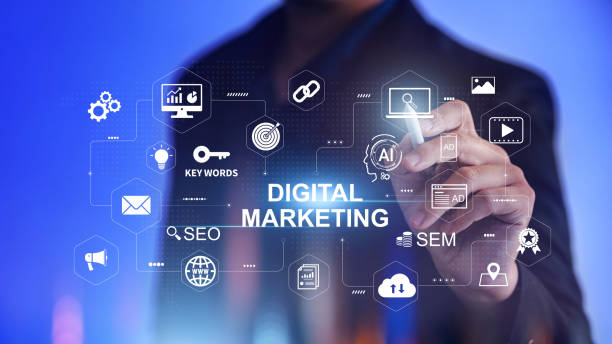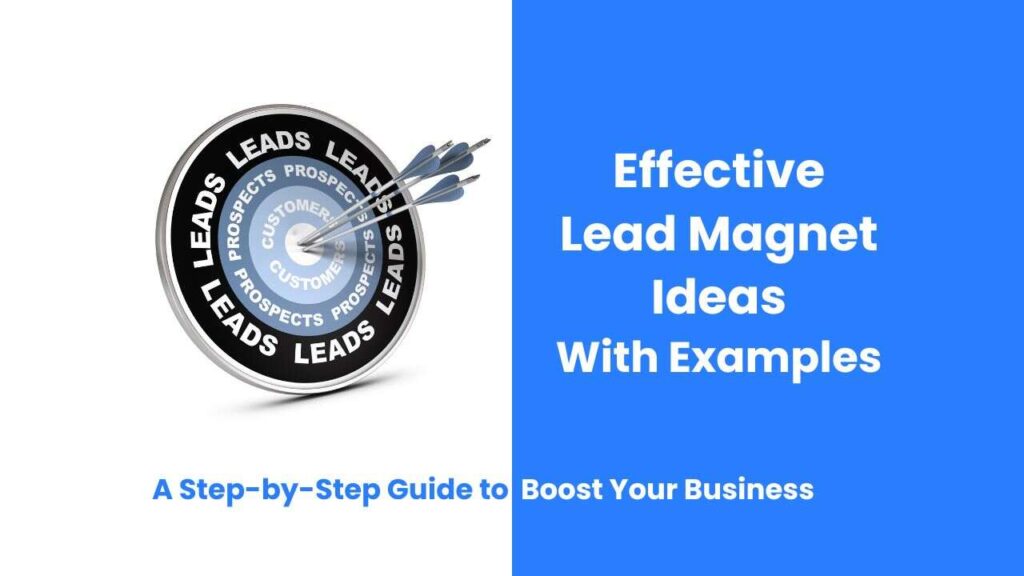
In today’s competitive landscape, businesses must evolve if they want to stay relevant and profitable. Long gone are the days when traditional marketing methods were enough to drive growth. Now, the spotlight is on online marketing, a powerful tool that, when used effectively, can completely transform a business. Whether you’re a small startup or an established company, online marketing provides the leverage you need to reach a broader audience, build your brand, and boost your bottom line.
In this article, I’m going to walk you through how to transform your business with expert online marketing. I’ll break it down step-by-step, using simple language and relatable examples, so you can confidently apply these strategies to your own business.
What is Online Marketing, and Why Is It Crucial?
Before we dive into the “how,” let’s quickly cover the “what” and the “why.” Online marketing, also known as digital marketing is the practice of using digital channels like social media, search engines, email, and websites to promote your products or services. It differs from traditional marketing in that it relies heavily on the internet and data-driven strategies to reach potential customers.

So why is online marketing essential today? The simple answer is: everyone is online! The vast majority of consumers are searching, shopping, and connecting online, meaning your business needs to meet them where they are. With expert online marketing, you can:
- Reach a global audience
- Track and measure performance in real-time
- Target your ideal customer with precision
- Adjust your strategies quickly based on data insights
Step-by-Step Guide How to Transforming Your Business with Expert Online Marketing
Now that you understand the importance of online marketing, let’s explore how to implement it effectively.
1. Develop a Clear Online Marketing Strategy
The first step is to create a comprehensive strategy. This is where many businesses go wrong—they jump into marketing without a plan. A strong marketing strategy answers three key questions:
- Who is your target audience?
- What are your business goals?
- Which online channels will you focus on?

For instance, if you run a local coffee shop, your target audience might be young professionals in your area, and your goal could be to increase foot traffic to your store. In this case, you’d likely focus on local SEO and social media marketing on platforms like Instagram.
Take your time to clearly outline your strategy before moving on to the next step.
2. Build an Engaging and User-Friendly Website
Your website is your digital storefront. No matter how great your online marketing campaigns are, they won’t be effective if your website isn’t up to par. A well-designed, user-friendly website should:
- Be mobile-optimized (since most users access the web via smartphones)
- Load quickly
- Offer easy navigation
- Clearly communicate your value proposition

Think of it this way: Your website is like the welcome mat to your business. You want to make a strong first impression. A friend of mine recently started a small e-commerce shop selling custom jewelry. Initially, she struggled to make sales despite running ads. The issue? Her website was slow and confusing to navigate. After investing in a website redesign, her conversion rates soared, and she hasn’t looked back since.
3. Harness the Power of Search Engine Optimization (SEO)
When you think of online marketing, SEO is likely one of the first strategies that come to mind—and for good reason. SEO is all about increasing your website’s visibility in search engine results, meaning more people find your business when they search for relevant terms.

SEO consists of three main components:
- On-Page SEO: Optimizing content, meta tags, and keywords on your website.
- Off-Page SEO: Building backlinks and boosting your site’s authority across the web.
- Technical SEO: Improving site speed, mobile-friendliness, and other backend elements.
An SEO expert can help you choose the right keywords for your business. For example, if you own a bakery in Chicago, ranking for keywords like “best bakery in Chicago” can drive a significant amount of traffic to your site.
4. Leverage Social Media Marketing
In today’s social-media-driven world, your business needs to be active on the platforms your customers use. Social media marketing involves promoting your brand on networks like Instagram, Facebook, LinkedIn, and TikTok to engage with your audience.

Each platform has its strengths:
- Instagram is visual and works well for lifestyle brands.
- LinkedIn is ideal for B2B companies looking to connect with professionals.
- Facebook has the broadest audience and works for almost every industry.
One small business owner I know built his entire business through Instagram by regularly posting behind-the-scenes photos, engaging with followers, and using relevant hashtags. This personal, authentic content attracted a loyal following—and customers—from all over the world.
5. Invest in Pay-Per-Click (PPC) Advertising
For quicker results, PPC advertising is a powerful tool. With PPC, you pay a fee each time someone clicks on your ad. Platforms like Google Ads or Facebook Ads allow you to target specific demographics, locations, and even user behaviors.

What’s great about PPC is the instant visibility. You don’t have to wait months for organic results, as with SEO. However, it’s crucial to manage your PPC campaigns wisely to avoid overspending. An experienced digital marketing expert can help you set up and optimize these campaigns to get the most bang for your buck.
6. Build Relationships Through Email Marketing
Despite the rise of social media, email marketing remains one of the most effective online marketing channels. With email, you can communicate directly with your customers, providing them with special offers, product updates, and personalized content.

Think about how many times you’ve bought something after receiving a promotional email. A well-crafted email campaign can work wonders. Make sure to segment your email list based on customer behavior, so you send the right message to the right people.
7. Monitor and Adjust Your Campaigns
One of the biggest advantages of online marketing is that you can measure everything. Unlike traditional marketing, where it’s hard to tell which strategies are working, digital marketing allows you to track performance in real time.

Use tools like Google Analytics to monitor website traffic, conversions, and user behavior. Did a certain ad campaign underperform? Adjust your strategy. Did you notice more engagement from email subscribers? Double down on email marketing. Flexibility and adaptability are key to staying competitive in the online marketing world.
Why You Need an Expert for Online Marketing
By now, you might be wondering, “Can I do all this myself?” The answer is yes, but having a digital marketing expert on your team will save you time, effort, and money in the long run.
A marketing expert brings experience, knowledge of the latest trends, and data-driven strategies to the table. They can:
- Tailor campaigns to your specific goals
- Manage SEO, PPC, and social media effectively
- Optimize your website for conversions
- Keep track of performance metrics and make adjustments as needed
Hiring an expert is like having a co-pilot for your business journey. They ensure you stay on course and help you avoid costly mistakes. Many businesses have tried to “go it alone,” only to end up overwhelmed or outpaced by competitors.
How To Choose the Right Online Marketing Expert
When selecting an online marketing expert, look for someone who:
- Has a proven track record of success
- Understands your industry and business goals
- Can provide clear, measurable results
- Communicates effectively and transparently
A digital marketing agency might be the right choice if you want a full-service solution. Alternatively, you can hire a freelance marketing expert for specific tasks like SEO or social media management. Whichever route you choose, make sure they align with your vision and have the skills to deliver results.
Conclusion: The Time to Transform Your Business Is Now

In today’s digital age, embracing online marketing is no longer optional—it’s essential. From SEO to PPC to social media, expert online marketing strategies can propel your business forward, helping you reach new customers and drive growth. But to do it right, you need a clear strategy, the right tools, and expert guidance.
How To Transform Your Business with Expert Online Marketing? The answer lies in your willingness to invest in the future. Don’t wait until your competitors have outpaced you. Start implementing these strategies today, and watch your business thrive in the online world!
Here are some more SEO-related articles if you want to go deeper.
Boost Your Business with the Comprehensive Benefits of SEO
How to Make People Want to Do Business With You
What To Avoid When Managing Social Media For A Brand



